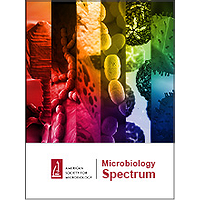It is almost 100 years since the development of bacille Calmette-Guerin (BCG), the only licensed vaccine against tuberculosis (TB). While BCG does confer consistent protection against disseminated disease, there is an urgent need for a more effective vaccine against pulmonary disease. There are several indications for such an improved vaccine, including prevention of infection, prevention of disease, and a therapeutic vaccine to prevent recurrent disease. The two main approaches to TB vaccine development are developing an improved whole mycobacterial priming agent to replace BCG and/or developing a subunit booster vaccine to be administered after a BCG or BCG replacement priming vaccination. In this article we review the status of the current candidate vaccines being evaluated in clinical trials. The critical challenges to successful TB vaccine development are the uncertain predictive value of the preclinical animal models and the lack of a validated immune correlate of protection. While it is relatively simple to evaluate safety and immunogenicity in phase 1/2 studies, the evaluation of efficacy requires complex studies with large numbers of subjects and long periods of follow-up. This article reviews the potential role for human Experimental Medicine studies, in parallel with product development, to help improve the predictive value of the early-stage trials.

Clinical Testing of Tuberculosis Vaccine Candidates
Review badges
0 pre-pub reviews
0 post-pub reviews